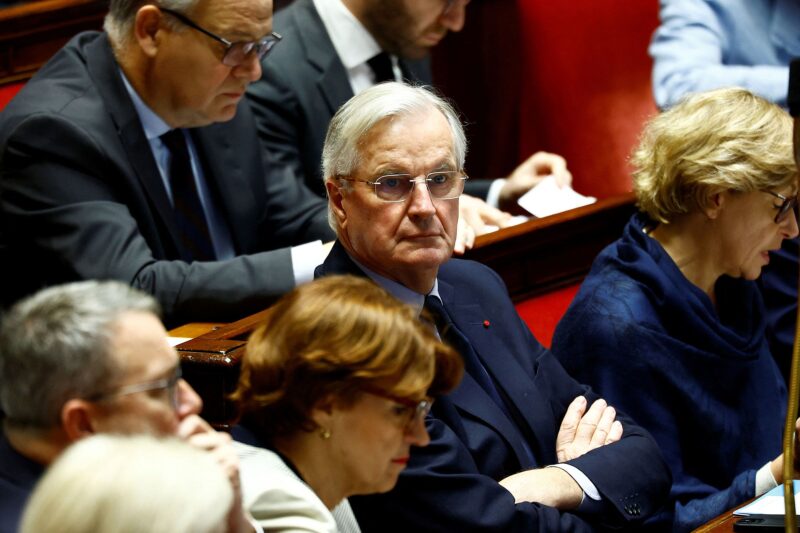The French government is signaling potential flexibility on the contentious 2023 pension reform law, which raised the minimum retirement age from 62 to 64, as it seeks support from the center-left ahead of a crucial policy address by Prime Minister François Bayrou on Tuesday.
However, conservative leaders are urging the government to hold firm on the reforms. Laurent Wauquiez, leader of Les Républicains in the National Assembly, voiced strong opposition to any backtracking, stating in an interview with Le Parisien: “Jumping into a void without a parachute.”
Gérard Larcher, president of the Senate and another key conservative figure, criticized proposals to adjust the reform, estimating it would cost €3.4 billion. He emphasized fiscal discipline, warning, “The message is clear: no suspending, and no repealing.”
The support of Les Républicains is crucial for Bayrou’s minority government to survive. Without their backing, the government risks collapse. Simultaneously, the administration is seeking cooperation from the Socialist Party, which has indicated a willingness to engage but insists the pension reform be paused and renegotiated as a condition for collaboration.
Finance Minister Eric Lombard, who has been reaching out to the Socialists, did not rule out reopening discussions on the reform.
The pension law, initially pushed through without a parliamentary vote, remains highly unpopular among the French public nearly two years after its implementation. Despite criticism, President Emmanuel Macron and his allies argue that the reform is essential to preserving the solvency of the pension system. Rating agencies have echoed this view, citing the reform as a step toward addressing France’s growing public spending and budget deficit.
Labor unions continue to oppose the changes, proposing alternative measures such as modest increases in worker contributions and taxes on private retirement plans. Meanwhile, Socialist Senate leader Patrick Kanner estimated that suspending the reform would cost the public pension system €2 to €3 billion by 2025.
The law’s gradual implementation will fully affect those born in 1968 and later, but its future remains uncertain as Prime Minister Bayrou prepares to outline his government’s direction.




